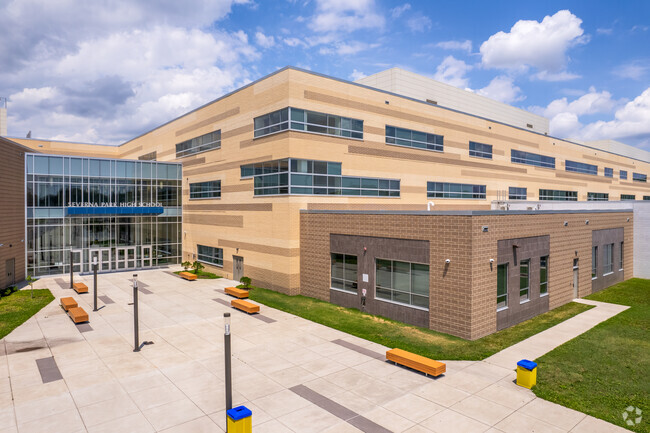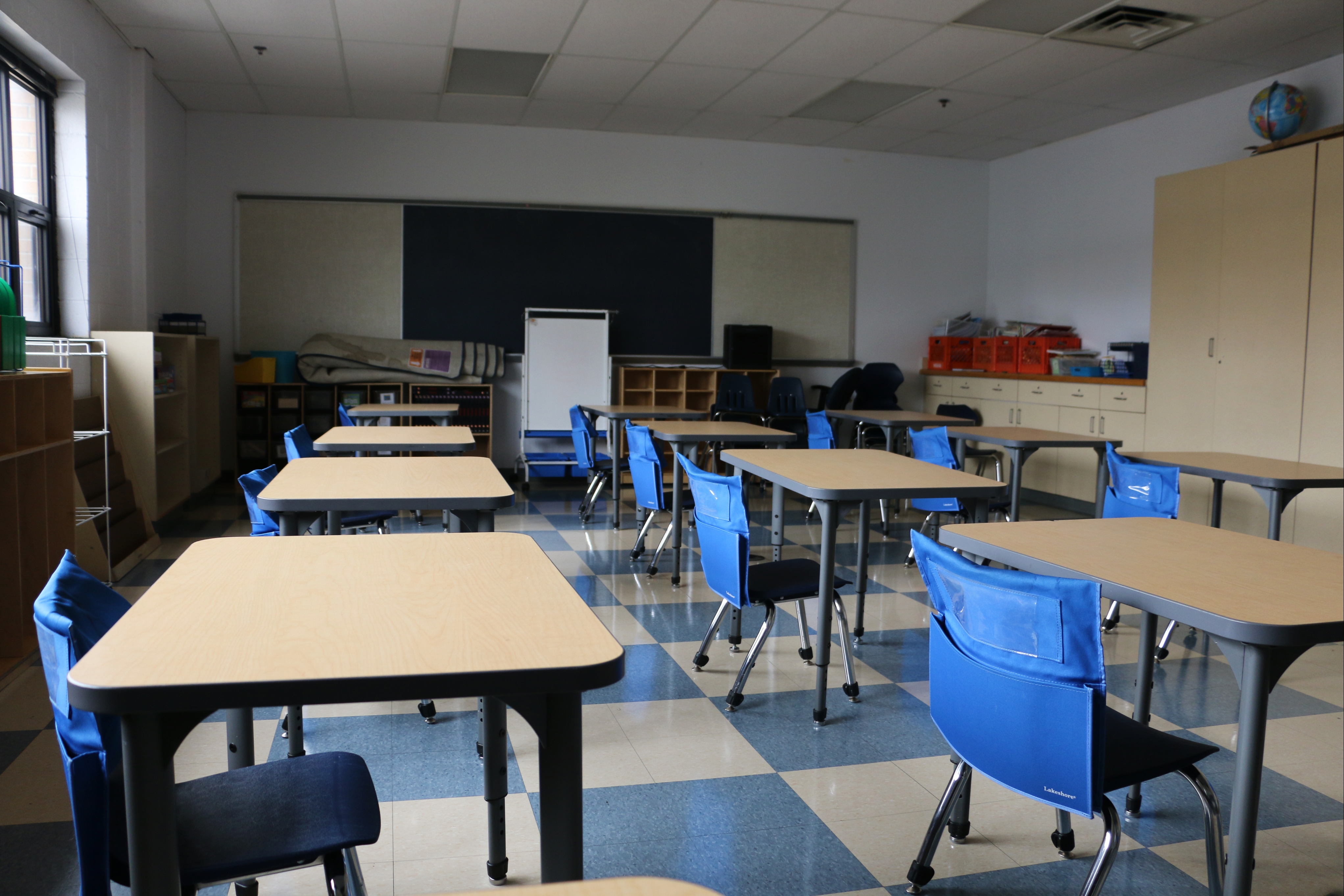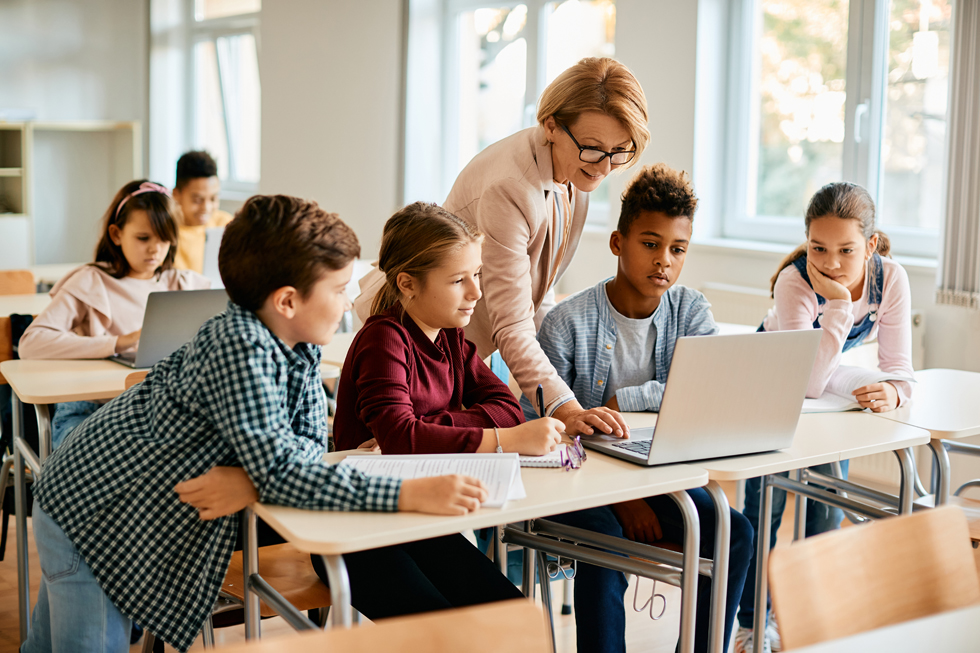Why It's Vital to Rally With Each Other to Save Temecula Schools
Why It's Vital to Rally With Each Other to Save Temecula Schools
Blog Article
Recognizing the Significance of Colleges in Kid Growth and Area Growth
Schools function as pivotal institutions for kid growth and community development, giving atmospheres where academic success are complemented by the growing of social abilities and exposure to varied perspectives. These academic settings not only promote important thinking and effective interaction yet also foster empathy through joint projects. Colleges' involvement with neighborhood neighborhoods via service-learning campaigns strengthens the bond in between family members and educational institutions. This symbiotic connection emphasizes the relevance of schools in nurturing energetic citizenship and long-lasting understanding behaviors. What are the details devices by which these institutions achieve such profound impacts?
Academic Achievement
Academic success works as a keystone of youngster advancement, offering the foundation upon which future learning and success are constructed. Institutions play a crucial role in cultivating this scholastic growth, offering structured settings where kids can obtain crucial understanding and cognitive skills. Standardized curricula make certain that trainees gain proficiency in core topics such as maths, science, and language arts, which are critical for both higher education and professional chances.
Along with presenting basic academic abilities, institutions likewise cultivate important thinking, analytic capacities, and intellectual curiosity. These cognitive expertises are important for navigating complicated real-world situations and adapting to the ever-evolving needs of the modern-day workplace. Educators, as facilitators of learning, utilize diverse instructional strategies to accommodate diverse knowing styles, thereby making the most of private trainee potential.
In addition, academic success is closely connected to self-esteem and motivation. Children that experience academic accomplishments are more probable to establish a favorable self-concept and a long-lasting enthusiasm for learning. Institutions likewise supply numerous resources, such as libraries and modern technology, which better improve the instructional experience and prepare pupils for a technologically innovative society.
Social Skill Development
Beyond scholastic achievement, the function of institutions in social ability advancement is crucial. Schools work as a primary venue for youngsters to find out and exercise essential social abilities such as dispute, communication, and cooperation resolution. In the structured environment of a class, pupils communicate with peers, teachers, and other school personnel, providing numerous chances to create these essential capacities.
Effective social ability development in colleges is promoted with group tasks, joint tasks, and extracurricular programs. These interactions help trainees recognize social standards, construct empathy, and promote a feeling of neighborhood. Group jobs instruct students exactly how to function together in the direction of an usual objective, listen to various perspectives, and navigate differences constructively.

The farming of social skills throughout school years lays a foundation for future individual and specialist relationships. Save Temecula Schools. As trainees develop, the capacity to properly collaborate and interact ends up being increasingly important, emphasizing the college's vital function in alternative youngster growth
Exposure to Variety
Direct exposure to variety in schools is basic to promoting an inclusive mindset and broadening students' viewpoints. Schools function as a microcosm of the more comprehensive society, and coming across diverse cultures, languages, and socioeconomic backgrounds within this environment equips trainees with necessary abilities for browsing a significantly globalized world. This exposure encourages empathy, minimizes prejudices, and advertises mutual respect among peers.
Varied classrooms additionally enhance cognitive and social development. Research indicates that trainees that connect with peers from diverse backgrounds show much better analytical skills and creativity. They discover to value various perspectives, which enhances classroom conversations and fosters an extra vibrant learning experience. Additionally, this understanding of diversity prepares students for future offices that worth modern competence.

Community Interaction
The advantages of varied class extend past the college wall surfaces, fostering a strong sense of area involvement amongst pupils. By interacting with peers from numerous cultural, socioeconomic, and ethnic backgrounds, students acquire a wider perspective and an admiration for variety. This direct exposure urges them to come to be active people that agree to add favorably to their areas.
Schools that emphasize community involvement often integrate service-learning tasks, which allow students to address real-world troubles while applying scholastic abilities. These jobs not only boost students' understanding of their coursework yet additionally impart a sense of responsibility and empathy. Furthermore, partnerships in between colleges and neighborhood companies give trainees with chances to take part in area events, better strengthening their role as aggressive neighborhood participants.
Additionally, adult and community participation in institutions reinforces the bond in between academic institutions and the neighborhoods they look at these guys offer. They develop a collective environment that benefits all stakeholders when institutions open their doors to area events, workshops, and volunteer possibilities. This mutual support group makes sure that students get all natural development, preparing them to end up being all-round people who add and value to their areas. Through these initiatives, colleges play a critical function in nurturing area engagement and promoting social growth.
Lifelong Understanding Practices
Developing lifelong knowing routines is crucial for a kid's continuous growth and versatility in an ever-changing world. Institutions play a crucial function in instilling these routines by producing a setting that cultivates inquisitiveness, critical reasoning, and a love for understanding. With varied educational programs and extracurricular activities, instructors motivate pupils to check out various subjects, analyze information seriously, and apply their learning to real-world scenarios.

Moreover, institutions give an organized setting where children can establish self-control and time management skills, both of which are crucial for continual knowing. By highlighting the relevance of setting goals, assessing progress, and adapting methods, instructional institutions prepare students to browse the intricacies of grown-up life, ensuring they remain lifelong learners and factors to society.
Final Thought
In verdict, colleges are important in promoting youngster advancement and area development by giving settings for scholastic achievement, social skill development, and exposure to diversity. Through collaborative projects and interactions, schools useful link enhance crucial thinking, empathy, and interaction abilities. Neighborhood interaction initiatives additionally enhance the bond between universities and regional neighborhoods. Inevitably, institutions cultivate lifelong learning practices, outfitting people with the needed understanding and skills to contribute favorably to society.
In the structured setting of a classroom, trainees interact with peers, instructors, and various other institution team, using various chances to create these important abilities.
In significance, direct exposure to diversity within schools not just enhances private trainees however also enhances the social textile of the community as a whole.
The benefits of varied class extend past the college walls, fostering a solid feeling of area engagement among pupils.Colleges that emphasize neighborhood interaction often incorporate service-learning jobs, which permit pupils to address real-world problems while applying academic abilities. Collaborations in between colleges and neighborhood organizations provide trainees with chances to take part in area occasions, even more solidifying their function as positive neighborhood participants.
Report this page